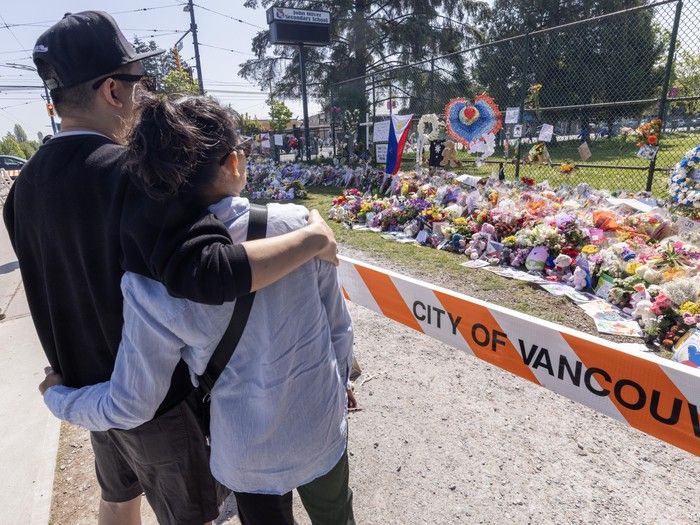
The deadly vehicle attack at last weekend’s Lapu Lapu Day festival in Vancouver has left many questioning whether we can still continue to gather to enjoy events together.
Some are asking another question: Can we afford not to?
On Tuesday, B.C. Premier David Eby announced the province will launch an independent commission aimed at increasing safety at public events. The commission will examine other jurisdictions’ best practices for minimizing risk for the public, the premier said, adding that he already has a commissioner in mind to lead it and expects a “quick turnaround.”
“My hope is that the commission will have full answers for organizers, for cities big and small across the province by June, so that organizers can go ahead and plan and be prepared and do what they can to minimize risk to the public and allow us to gather and celebrate as we need to, as is so important for British Columbians,” Eby said.
Two days earlier, Vancouver Mayor Ken Sim announced he had ordered a review of his city’s event-safety measures, including barriers, traffic control, and safety protocols, after a driver plowed into last Saturday’s Filipino festival , killing 11 people and injuring many others. Vancouver man Adam Kai-Ji Lo was arrested and is facing murder charges. Mental illness is believed to be a factor, police say.
An early report on the city’s review is expected within weeks, Sim said. Asked about the need to balance safety with ensuring events are still financially viable, the mayor emphasized the importance of tackling what he called “a mental health crisis which is manifesting into a public safety crisis.”
The city of Vancouver will keep striving to be a vibrant place with fun events, Sim told said.
But he also called on the provincial government to take concrete action on creating a “comprehensive mental health care continuum,” including “compassionate mandatory care” where severely mentally ill people can be detained, beyond the 400 secure beds to which the province has already committed.
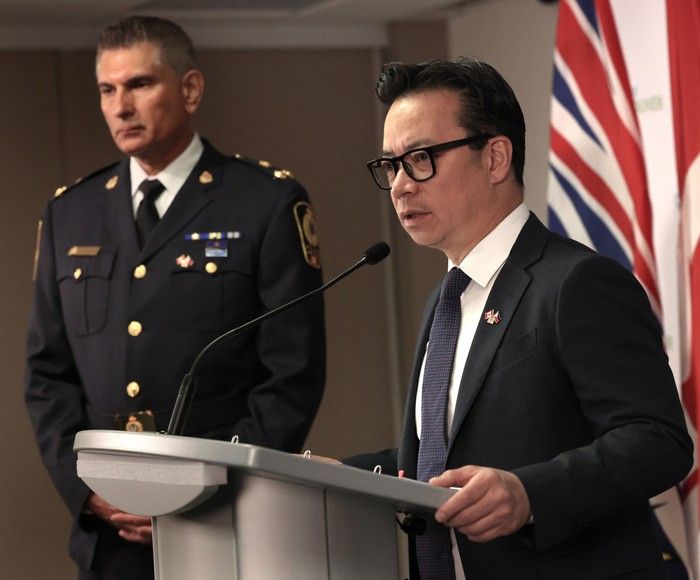
“We will not be able to secure every single target in the city of Vancouver. That just will not happen. And so, we will do our best to make sure that we reduce the risk at main events,” Sim said. “And we have to get to the root cause of the problem because if we don’t, expect to see less events, less of everything in the city of Vancouver. And that’s not the city that we want to live in.”
In recent years, some major Vancouver events have included dump trucks or police cars parked on the street to block traffic. The Lapu Lapu Day festival did not include such preventive measures.
The city of Vancouver alone has about 2,200 permitted public events every year, and another 1,000 or so protests. Of those, only nine events last year had heavy vehicle barriers, including large-scale events like the Pride Parade and Celebration of Light fireworks — or less than one half of one per cent of all permitted events.
The provincial and municipal reviews seem like appropriate responses, both to learn from this tragedy and to give people confidence their leaders are taking it seriously, said Stephen Hart, director of Vancouver-based threat assessment firm Protect International Risk and Safety Services .
“On the other hand, though, from the first look at this, I don’t think that we’re going to find that there was a major problem from an event perspective,” Hart said.
“What caused this attack was a person. It wasn’t a lack of dump trucks or police,” said Hart, who is also a professor at Simon Fraser University. “If you want to try to deal with these kinds of mass-casualty attacks, then what we actually should put the focus on is dealing with people who have problems.”
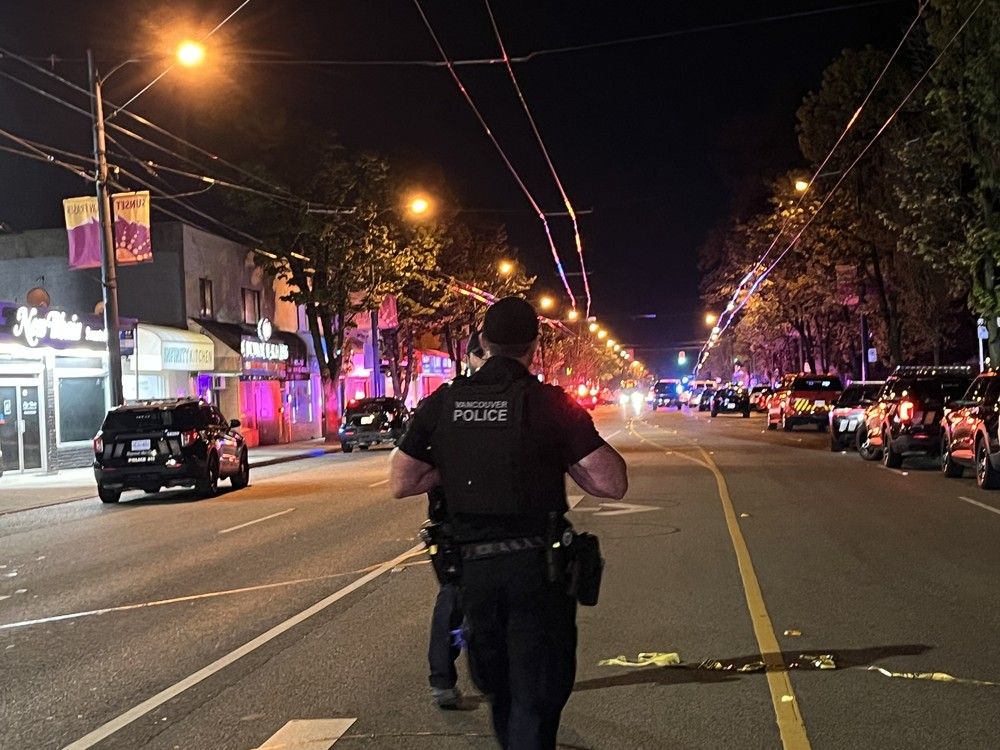
Vehicle-based attacks have become more common around the world in the past decade, and are difficult to stop, Hart said. He pointed to the 2018 van attack in Toronto , where a 25-year-old man drove a van into a group of mostly female pedestrians on the Toronto thoroughfare of Yonge Street. Three years later, in 2021, a man in London, Ont. deliberately plowed his truck into five members of a Muslim family who were out for a walk, killing four of them .
“It doesn’t matter whether you cancelled all the events, whether you doubled the size of the police force, and you required increased security at every event. It wouldn’t stop vehicle-based attacks, because they don’t require an event,” Hart said. “If you’re somebody who’s either got an ideological reason or a personal reason to want to do a vehicle-based attack, you don’t need an event. You just go down a busy street.”
“It’s always a balancing act. People complain Vancouver is not a fun place — and nobody wants to go to a block party where you’ve got dump trucks parked at either end of the street,” Hart said.
Hart pointed out that the Lapu Lapu Day attack took place at a relatively small street event. Most of the festival was held on a school field, while food trucks were gathered on a stretch of the adjacent side street.
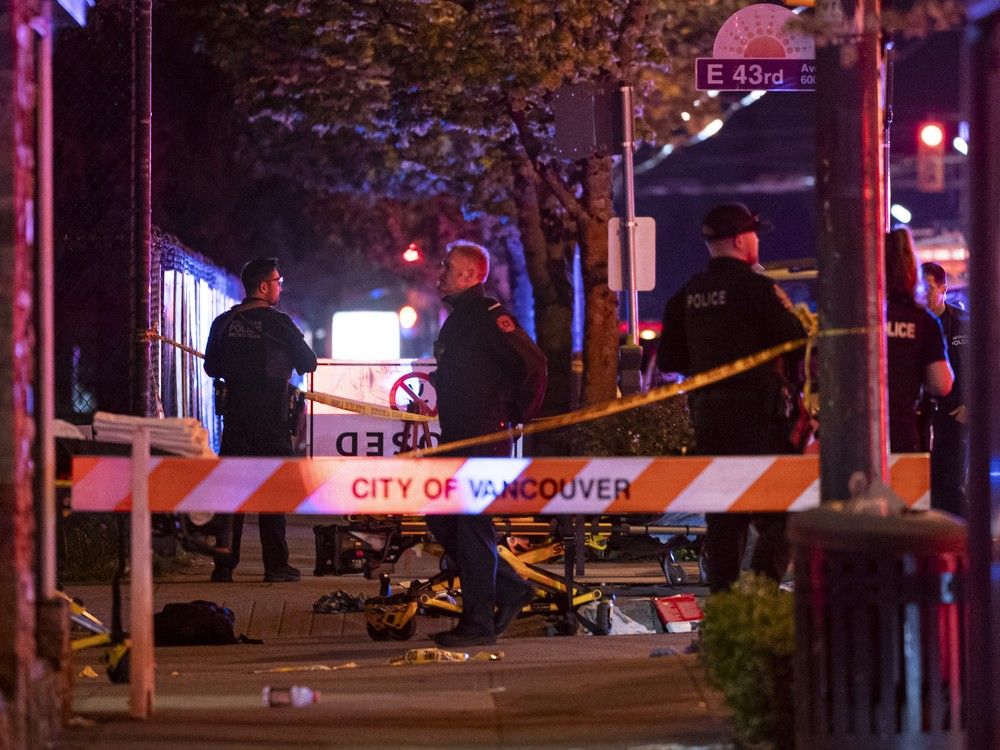
If governments were to require a heavy police presence at events of every size with dump trucks blocking every street, “the costs would be astronomical because of the large number of smaller events,” Hart said. “It would be a huge, huge cost either for the city, or it would mean people couldn’t have these kinds of events anymore, because they’d have to pay for it themselves.”
There are risk-mitigation steps that can be taken, and governments, law enforcement officials and event organizers continue to improve their practices.
After a terrorist vehicle-ramming attack in New Orleans killed 14 people at New Year’s celebrations in the early hours of Jan. 1 of this year, the Vancouver Police Department contacted a California company called Meridian Rapid Defense Group to buy mobile vehicle-blocking barriers designed to protect against such incidents.
Meridian representatives came to Vancouver to provide a demonstration of the barriers at this February’s Chinatown Spring Festival Parade, and the VPD subsequently spent approximately $400,000 to purchase 16 of the barriers as well as two “rapid gates” that can drop quickly to enable access for emergency vehicles. Those barriers are expected to arrive in Vancouver this week.
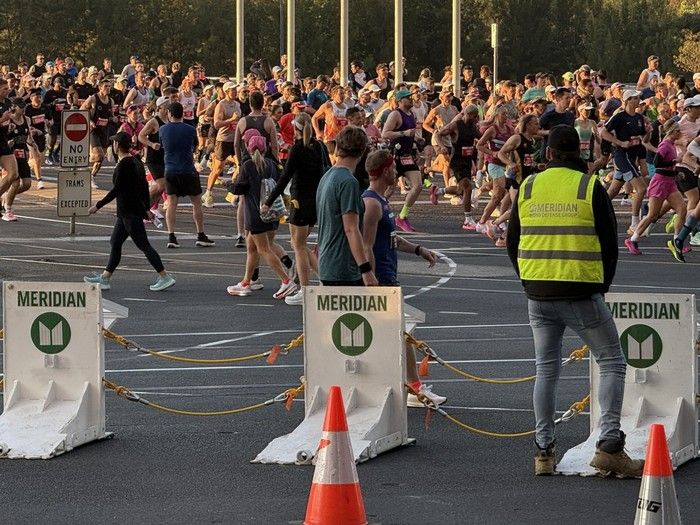
After the January attack in New Orleans, it was reported that the city had acquired Meridian barriers several years earlier but they were not used that night to protect the bustling Bourbon Street, prompting questions for police and public officials.
Generally speaking, organizers of outdoor public events work with municipal officials and police, who determine an appropriate number of police officers and other security requirements, said Neesha Hothi, principal of Neesh Communications, who has produced events across Metro Vancouver, including at the Vancouver Art Gallery, on Granville Street, at Jack Poole Plaza, and at Surrey’s Holland Park.
The process can vary from municipality to municipality, as can policing costs, she said. But, generally speaking, costs for security and policing have increased over recent years. Hothi cited the example of two different events she worked on, at the same Metro Vancouver park nine years apart, where the combined bill for police and private security more than doubled from around $9,000 in 2013 to about $20,000 in 2022.
Several factors help police and municipalities calculate security needs, Hothi said. It’s not only the size of the event, but the type of people attending — families with children versus groups of mostly young men, for example — and even the type of music.
Safety is generally everyone’s top priority, she said, and the vast majority of events go off without major problems. But if the upcoming provincial commission were to result in overly onerous security requirements and costs, it could impair the viability of future events, especially those without major corporate sponsorships.
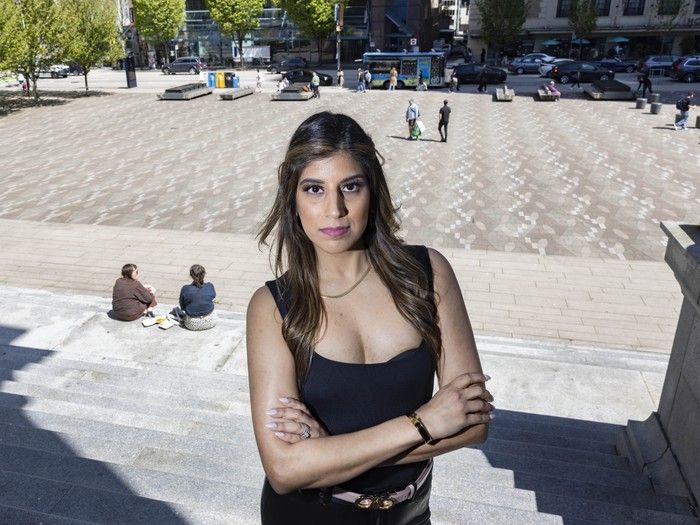 “The cost for trades, event production, supplies, etc., has gone up so much, and it is already incredibly taxing from a financial perspective for event organizers,” Hothi said.
“The cost for trades, event production, supplies, etc., has gone up so much, and it is already incredibly taxing from a financial perspective for event organizers,” Hothi said.
“If you now say that the municipalities that you turn to for support … if they then become not allies, but are saying: ‘Hey, we’re going to increase your costs by X or Y because we’re concerned that something might happen,’ then we’re just really saying to organizers: ‘Unless you have a major bank account behind you, just stay home.’
“We’re trying to build community, cross-cultural understanding, camaraderie, that sense of community. And if we are, again, making it so onerous to be able to host, it will deter those who are interested in doing this.”
This comes at a time when several events, big and small, have been cancelled. This year, the popular Vancouver Mural Fest shuttered after nine years and the city’s St. Patrick’s Day parade was cancelled. Both cited financial challenges.
In 2023, the Vancouver Folk Music Festival — a 45-year-old staple of Vancouver’s cultural calendar — announced the cancellation of that year’s event due to financial pressures. The festival was resurrected last year and is to be back again this summer.
But the financial climate remains challenging for such cultural events, said Vancouver Folk Music Festival’s general manager, Lisa Gardin.
“Security costs have gone up, labour costs have gone up, equipment rentals have gone up, the cost of doing business has gone up. The tariffs are going to impact our costs this year,” Gardin said.
The festival has been able to survive and flourish, largely with the city of Vancouver’s support, she said.
“I think it is important to be proactive and not to have fear rule the mindset, but keep everyone as safe as possible and not dismiss potential threats,” Gardin said.
Event risk assessment requires a “nesting doll approach” that considers myriad factors from the global level down to the individual level, said Andrea Ringrose, vice-president of the Canadian Association of Threat Assessment Professionals .
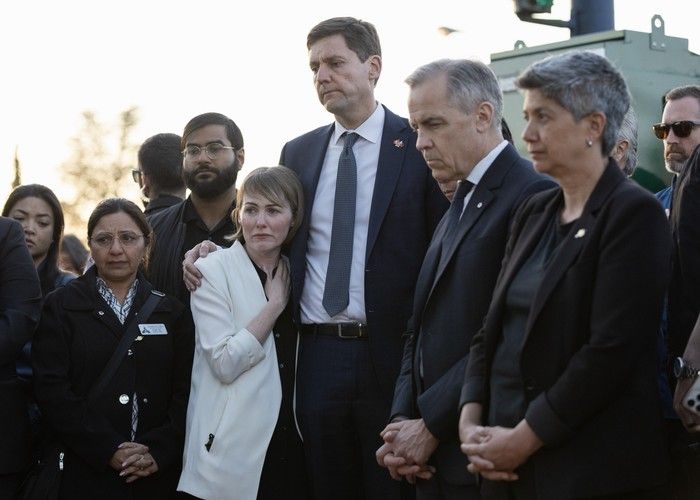
“We need to have a pulse on global geopolitical events, and we need to have a pulse on the state of our country and citizenry, right down to an examination of the systems in place to support persons in crisis,” said Ringrose.
Targeted violence is not the only consideration when considering safety at events, Ringrose said. Accidents can be deadly, such as when a driver suffers a medical emergency and crashes into a crowded patio or public plaza.
But if communities were to dramatically reduce the frequency and variety of public gatherings or stop holding such events altogether, that would be far from a desirable outcome, Ringrose said. As the COVID-19 pandemic demonstrated, isolation can have a detrimental impact on people’s mental health, which is, in turn, bad for society, she said.
“Events contribute to a vibrant, healthy community,” Ringrose said, “and a vibrant community is protective. A tightly-woven social fabric is protective.
“We need to ensure that whatever we’re learning, we are continuing to facilitate these essential opportunities for communities to come together.”
From massive outdoor festivals to small block parties, the ability to gather with friends, neighbours and strangers serves an important function, Hart said. “We want the ability to have those things. It’s kind of what makes life worth living.”